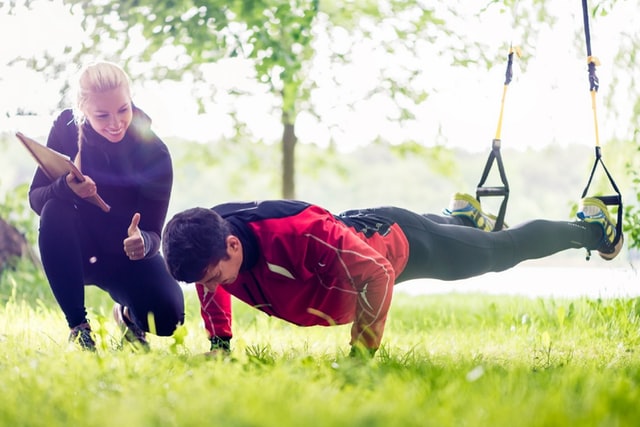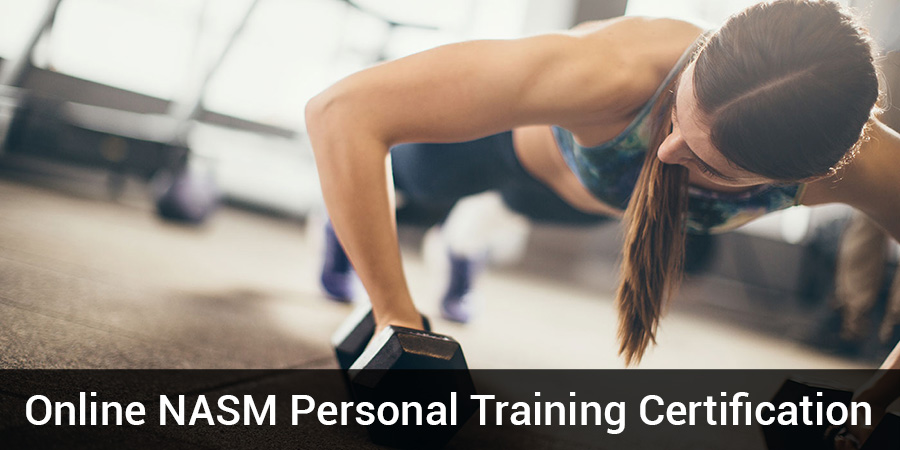
US workers who sit at their desks for long periods of time can stress the back. This causes lower back pain and tight hamstrings. Sitting can also make your core and glutes inactive, making it more vulnerable to strains. Houston personal training programs can help you to get in shape and strengthen these muscles, thereby reducing the chance of injury.
Darren Lynch
Darren Lynch has been a personal trainer in Houston for over ten years. He has been a personal trainer for more ten years. He is based at River Oaks' private club, Houston, and travels to other clients in the region. He is certified as a specialist in the management and control of blood pressure and cholesterol. He offers a complimentary consultation.

Darren Roberts
Darren Roberts, a high-performance personal trainer, works with top-level action sports athletes. His Houston personal training business helps him help them overcome their mental and physical obstacles. As a high-performance trainer, he provides services to action-sport athletes from all disciplines. Professional athletes, endurance athletes and weekend warriors are just a few of his clients. He has extensive experience working with athletes of all levels, as well as leading workshops for aspiring personal training professionals.
Shefali
Shefali Houston offers personal training to those who are interested in achieving their fitness goals. She holds a Bachelor of Science degree in Exercise Science at the University of Houston. She is also an Orthopedic Exercise Specialist as well as a Fitness Nutrition Specialist. She has been a model for six-years.
Caesar
Caesar is a Houston personal trainer who has a lot of experience. Caesar is based in Longevity Total Fitness. He has training experience for clients of all levels and ages. Each client has a different workout plan that focuses on strength and high-intensity exercise. To further his nutrition knowledge, he is taking classes.

Paul
Paul Walsh is the owner of Paramount Fitness Training and is a highly qualified personal trainer in Houston. He is a certified Strength and Conditioning Specialist and holds a Master of Science in Sports Physiology. He is also a Precision Nutrition Level 1 Nutrition coach. He has trained many people to improve health and fitness.
FAQ
How do I get started with fitness?
Start small. Begin by taking 10 minutes each morning to walk around the block. This will give you basic movement patterns and give your muscles time to adapt to the new routine. Once you are proficient in this type of exercise, add more steps and routines to your day.
What does nutrition do for your body?
Nutrition helps your body function properly by supplying all the nutrients needed for proper growth and development. It is important to eat a balanced diet, rich in fruits and veggies, lean proteins, whole grain, and healthy fats.
What are cardio exercises?
Cardiovascular exercise is any activity that requires your heart and lung to work harder than normal. Swimming, cycling, rowing, and jogging are all examples. These activities burn fat and raise your metabolism. They can also help you stay fit by strengthening your heart and lungs.
Do I need to drink alcohol while working out?
You shouldn't consume alcohol while working out because it has calories. A moderate amount of alcohol, one drink per day, may be beneficial for endurance during exercise. It may also reduce fatigue from exercise and muscle aches.
How important is good nutrition?
For our well-being and health, nutrition is essential. A healthy diet is one that includes fruits, vegetables whole grains, lean proteins, dairy, and legumes. Good nutrition is key to good overall health.
Statistics
- Globally, 28% of adults aged 18 and over were not active enough in 2016 (men 23% and women 32%). (who.int)
- Physical activity confers the following maternal and fetal health benefits: a decreased risk of pre-eclampsia, gestational hypertension, gestational diabetes (for example, 30% reduction in risk) (who.int)
- In 2018, the World Health Assembly agreed on a global target to reduce physical inactivity by 15% by 2030 and align with the Sustainable Development Goals. (who.int)
- In high-income countries, 26% of men and 35% of women were insufficiently physically active, as compared to 12% of men and 24% of women in low-income countries. (who.int)
External Links
How To
How to Lose Belly Fats More Fast
When trying to lose weight, belly fat is often viewed as a problem. But if you think about it, Belly Fat is actually a good thing. It's the amount of fat stored around your stomach that protects your organs from getting damaged. So let's see how to burn belly fat fast.
The main factors that lead to body fat storage are stress and lack exercise. Stress makes us feel hungry constantly because it stimulates the production of the cortisol hormone. Cortisol is responsible for an increase in insulin levels. The excess calories are stored as fat by insulin. A lack of sleep leads to adrenaline being released into the system which causes an increased appetite. Exercise helps to break down these extra calories.
There are many ways to reduce belly fat. Depending on your budget, you can try each one. These tips will help you quickly get rid of belly fat.
-
Reduce the amount of food you eat. Instead of eating three large meals per day, try to eat smaller meals. You will eat less calories in general.
-
Drink lots of water. Water flushes out toxins and keeps you hydrated. You won't overeat if you drink water before you eat.
-
Avoid unhealthy snacks. If you're looking for quick fixes, snack foods like chips, cookies, candies, etc. It might sound tempting. These sweet treats can be tempting, but they are high in empty calories and sugar. Instead, choose healthy alternatives like fruits, veggies, nuts, seeds, and whole grains.
-
Do strength training exercises at least three times per week. Strength training builds muscle mass that burns more calories, even when it is done while you rest. Strengthening your bones, muscles as well ligaments, joints, tendons, heart and lungs.
-
Move regularly and stretch. Stretching can improve flexibility, mobility, and reduce back pain. Walking is great for burning calories, especially brisk walking for 30 minutes.
-
Reduce alcohol intake. Alcohol adds empty calories to your diet and has no nutritional value whatsoever.
-
Slowly lose weight. Your current weight is the first step to losing weight. Add 5%-10% of your total bodyweight to calculate your ideal size. Once you have determined your ideal weight, you can start to reduce your calorie intake by 500-1000 calories per day until you reach it.
-
Avoid processed foods. These foods are high in salt, sugar, preservatives, and other harmful ingredients. Although they are convenient, processed foods don't have enough nutrients to sustain your health.
-
Don't skip breakfast! Breakfast is good for your concentration, memory, and energy. Breakfast should include protein (like eggs), fiber (like oats), and complex carbohydrates (like oatmeal).
-
Have regular bowel movements. Constipation and irregularity cause bloating and gas. This can be prevented by drinking plenty of water and increasing fiber intake.